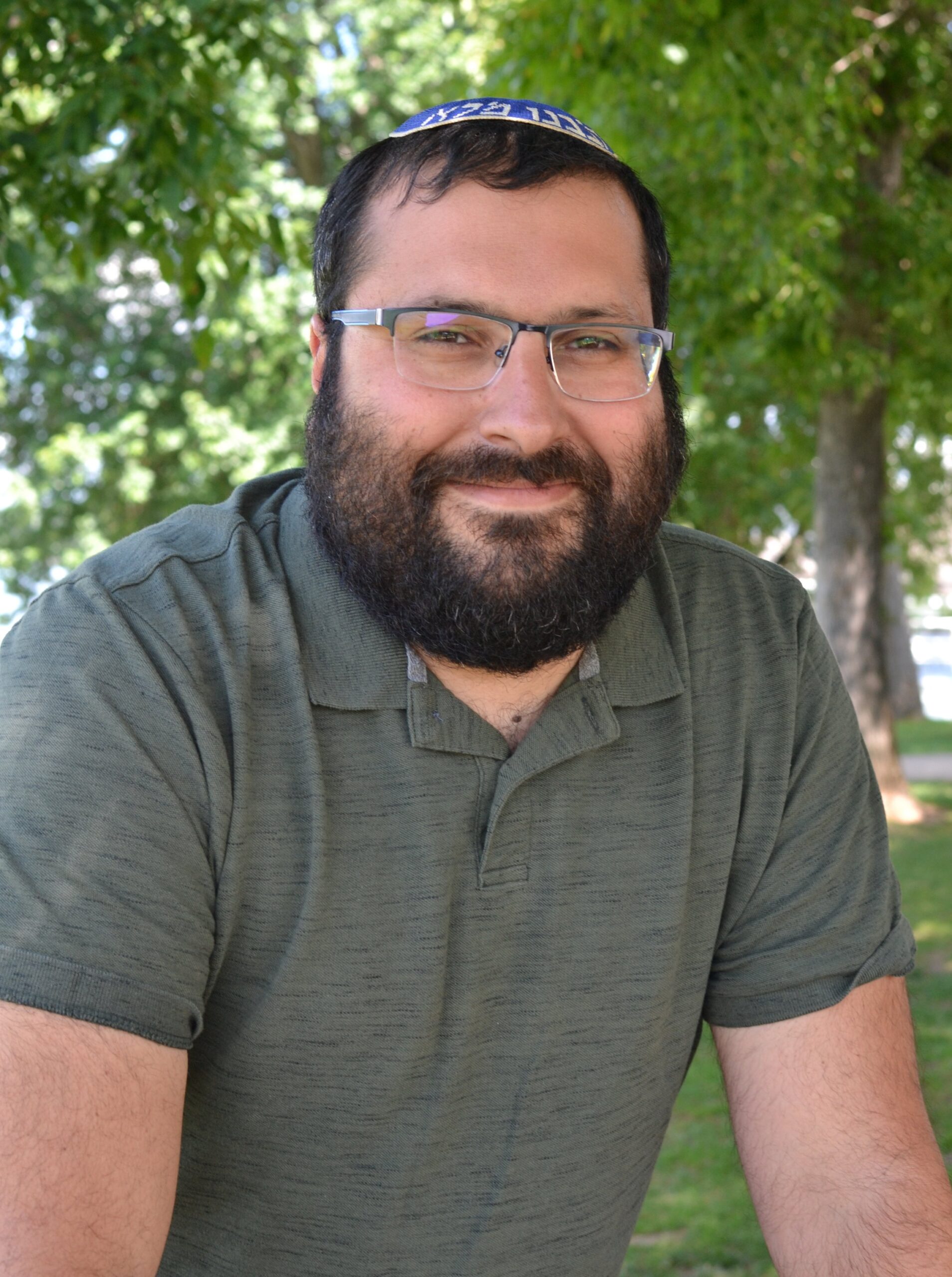by Jacob Cytryn, Executive Director
April 30, 2020
We made the decision today to postpone the start of our camps this summer by two weeks. At this point in time, with the timeline we need to open up camp, it is the only decision we could have made: our key states have not yet laid out a timeline for reopening, nor indicated what a phased reopening will include; we await guidelines from the CDC about what it would take to safely operate camps this summer and how restrictive physical-distancing and other protocols would be; hopes of ramped-up testing to help us keep COVID-19 out of camp have not materialized; there is much more.
I find spiritual succor at this moment in a calendrical coincidence that brings two foundational texts for us as 21st century Conservative Jews in direct dialogue with each other, with amplified resonance in the midst of this pandemic. The first is from parashat hashavuah, this week’s Torah reading. Near the end of Acharei Mot (Leviticus 18:5), we read a verse which instructs us: “You will observe my decrees and my laws, for he who does them will live through them; I am Adonai.” This phrase – וחי בהם / v’chai bahem – becomes a central idea in Rabbinic law that serves as the textual basis for the notion of pikuach nefesh, the primacy of saving a human life, even if the action of saving a life requires the abrogation of a mitzvah. Indeed, one of the theories for why this section of the Torah is traditionally read on the afternoon of Yom Kippur is the centrality of this verse to the Rabbis; it is a celebration of the primacy and value of life, one of the core themes of the Yom Kippur liturgy.
In these weeks after Passover the text has another resonance for me – one that is bound up in memory, identity formation, and family. The editors of the Rabbinical Assembly’s Haggadah (Feast of Freedom) chose to add a special section – as other modern haggadot have done – between Birkat haMazon (Prayer after Eating) and Elijah’s cup, to remember the Holocaust. There, as an adolescent, I found a prayer written by prisoners at Bergen-Belsen in 1944, acknowledging that they would be eating chametz on Passover and begging God’s forgiveness that explicitly names this verse – v’chai bahem – as justification. Our tradition’s emphatic stance on the value of human beings – what one may even describe as a human-centered theology or understanding of God – sits on one side of the scales that have led us to our decision.
On the other side of those scales sits another text, modern in authorship but eternal in its capturing of the Jewish spirit for at least two thousand years. Every year, just a few weeks after the liberation of Passover, we celebrate Yom Ha’atzmaut, Israel’s Independence Day. That celebration, which took place Tuesday evening through yesterday, is replete with the singing of Israel’s national anthem, HaTikvah, where we find the phrase עוד לא אבדה תקוותנו / Od lo avdah tikvateinu: “We have not yet lost our hope.” Our hope for a 2020 Ramah summer, in some form, and a much more confident hope for the future of our beloved institution, is today’s response to v’chai bahem. They exist in tension with each other, brought side-by-side by our calendar.
V’chai bahem and Od lo avdah tikvateinu are, in this instance, concepts of staying put. Though other circumstances would utilize them to dictate action, for us they are reasons to refrain and, while refraining, dream of the future. But this tension cannot last. And Jewish tradition has something to say about that as well.
One of the peculiarities of the section of the Torah in which v’chai bahem is found is that it is a collection of what may be described as meta-legal principles. The verses are less about specific mitzvot and more about general frameworks for making God’s will manifest, and they sometimes read more like poetry than prose. One of the defining characteristics of Biblical poetry is its use of parallelism, often the expression of nearly exactly the same idea in slightly different words. In the verse before v’chai bahem (18:4), which is structured in exact parallel, the phrase that should mean the same as v’chai bahem is lalechet bahem – to walk through them.
The use of walking as a metaphor for following a set of rules helps flip our understanding of v’chai bahem on its head. First, it would appear that the original thrust of the phrase is not, as the Rabbis develop – live by them as opposed to die by them – but rather that observance should be a part of our active existence. Life is a journey; we walk through life. Moreover, for us living around six months since the start of the COVID-19 pandemic, lalechet bahem points to a future not too far off where our tension will be resolved: where we will go back to living. We cannot maintain this static position.
“Normalcy” is as poor a word for a version of life as it is for an individual person. There’s no such thing. It is a defining fact of life that whatever we are living through eventually feels normal. And, God willing, we will live through this and return to the long road of recovery ahead. That recovery will include a return to work and to school and to different headlines on our website or newspapers of choice. It will include a world where daily press briefings and counts of tests, cases, and hospital admissions are a thing of the past. And, rest assured, it will include summer camp, and rikkud and s’chiyah, and the Ohel Gadol and the Kikar. It will include new friendships and lots of fun.




